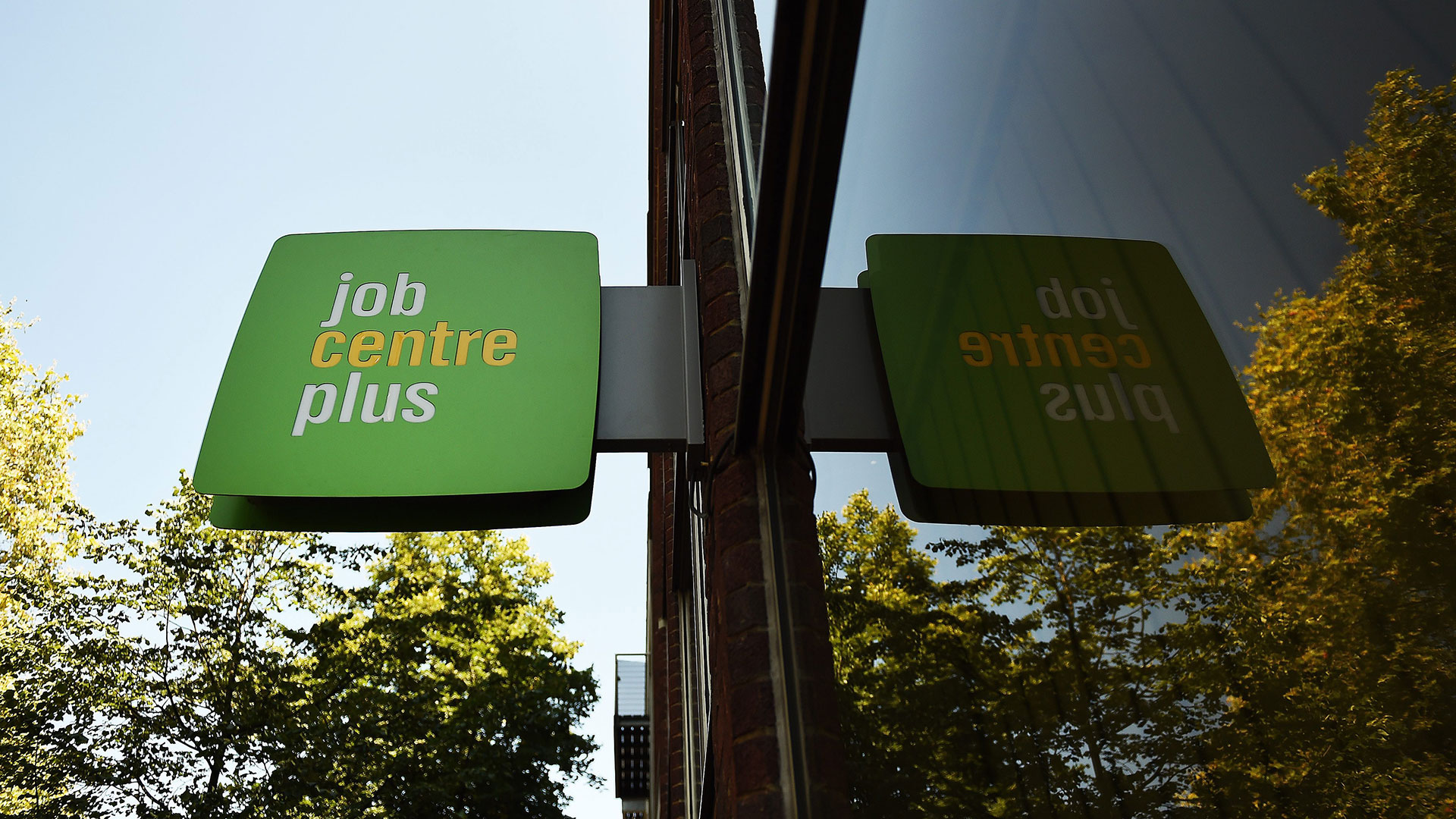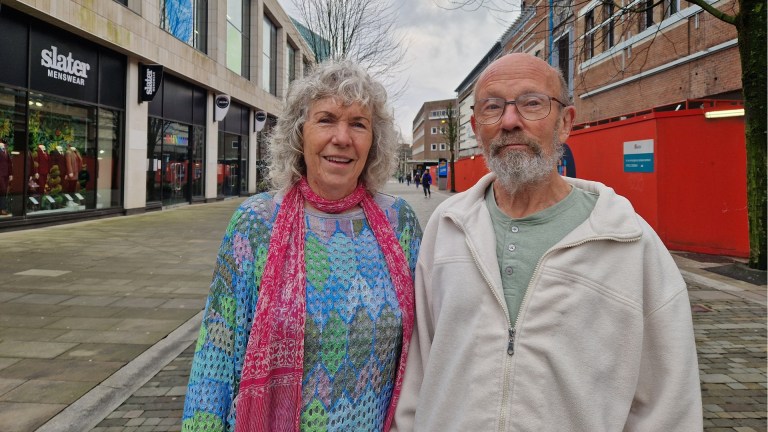By March 2018, payment timelines had improved but 21 per cent of new claimants had not received their full entitlement on time and 13 per cent had received nothing by the agreed date.
The DWP does not expect those figures to improve significantly in 2018, according to the NAO, which estimates that between 270,000 and 338,000 new claimants will not be paid in full at the end of their first assessment period throughout 2018. The DWP believes it will never achieve 100 per cent payment timeliness because it needs by law to verify the claimants’ eligibility.
It is even unclear if the mooted employment benefits will arrive, with the DWP admitting that it cannot measure whether Universal Credit will get 200,000 people into work or if that will come as a result of other economic factors.
The NAO also found that local authorities are feeling the pressure from Universal Credit too. Increases in rent arrears, with some claimants taking up to a year to repay, have been reported by councils, housing associations and landlords.
Foodbank usage has also risen after Universal Credit full service rolls out in an area, with the NAO agreeing with the Trussell Trust’s report showing upsurges of 30 per cent in foodbank use in the last six months. One foodbank, in Hastings, saw rises of up to 80 per cent, for example, a stark contrast to the 12 per cent rise in non-Universal Credit areas.
Advertising helps fund Big Issue’s mission to end poverty
The report did find that satisfaction with services were generally comparable to the previous benefits system for claimants and good relationships between staff and claimants were also found.
However, the DWP recently found that four in ten claimants were experiencing financial difficulties. And the NAO accused them of a lack of sensitivity after expecting most clients would have enough money to cope over the five-week initial waiting period. In reality, nearly 60 per cent of new claimants (around 56,000 a month) receive a Universal Credit advance to tide them over to their first payment.
Recommendations
The NAO recommends that the DWP should capture intelligence on claimants’ issues and the opinions of delivery partners and external stakeholders in a systematic way.
Amyas Morse, head of the NAO, said: “The department has kept pushing the Universal Credit rollout forward through a series of problems. We recognise both its determination and commitment, and that there is really no practical choice but to keep on keeping on with the rollout.
“We don’t think DWP has shown the same commitment to listening and responding to the hardship faced by claimants. We think the larger claims for Universal Credit, such as boosted employment, are unlikely to be demonstrable at any point in future. Nor for that matter will value for money.”
Advertising helps fund Big Issue’s mission to end poverty
The report was met with calls for action from poverty groups, who called for the government to reassess the “failing programme”.
“Today’s report must give ministers pause for thought. Will the government press on with a programme that is demonstrably failing – causing financial misery for families – or will it restore the money that’s been taken out of Universal Credit in an effort to rehabilitate it for struggling families?” said Child Poverty Action Group chief executive Alison Garnham.
Meg Hillier MP, chair of the Committee of Public Accounts added: “The government’s introduction of Universal Credit has been one long catalogue of delay with huge impact on people’s lives. DWP needs to wake up and understand what is going so wrong before future claimants share a similar fate.”
The DWP remained defiant, however, calling Universal Credit a system “fit for the 21stcentury”.
“Previous administrations poured billions into an outdated system with a complex myriad of benefits, which locked some people into cycles of welfare dependency,” a spokesperson said. “Whereas we are building a benefit system fit for the 21st century, providing flexible, person-centred support, with evidence showing Universal Credit claimants getting into work faster and staying in work longer.”
The blow comes a day after a landmark High Court ruling that found that the roll-out is unlawfully discriminating against people with disabilities. The judgement ruled that two severely disabled men who saw their benefits slashed to around £178 a month when they moved over to Universal Credit had been “condemned to destitution”.
Advertising helps fund Big Issue’s mission to end poverty
Image: EPA/Andy Rain










